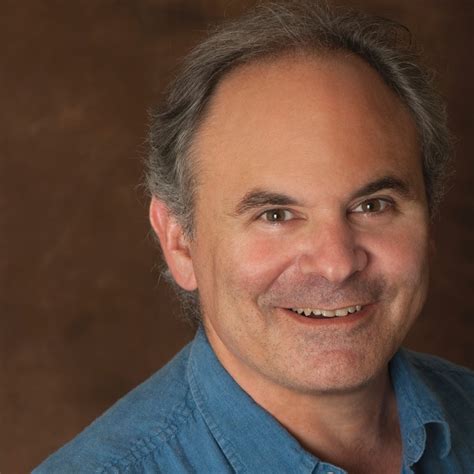A Quote by Oscar Wilde
Each little thing that we do passes into the great machine of life which may grind our virtues to powder and make them worthless, or transform our sins into elements of a new civilization, more marvelous and more splendid than any that has gone before.
Related Quotes
... regard this body as a machine which, having been made by the hand of God, is incomparably better ordered than any machine that can be devised by man, and contains in itself movements more wonderful than those in any machine. ... it is for all practical purposes impossible for a machine to have enough organs to make it act in all the contingencies of life in the way in which our reason makes us act.
The more I think of a people calmly developing, in regions excluded from our sight and deemed uninhabitable by our sages, powers surpassing our most disciplined modes of force, and virtues to which our life, social and political, becomes antagonistic in proportion as our civilisation advances - the more devoutly I pray that ages may yet elapse before there emerge into sunlight our inevitable destroyers.
It is hard living down the tempers we are born with. We all begin well, for in our youth there is nothing we are more intolerant of than our own sins writ large in others and we fight them fiercely in ourselves; but we grow old and we see that these our sins are of all sins the really harmless ones to own, nay that they give a charm to any character, and so our struggle with them dies away.
If sometimes our great artists have been the most critical of our society, it is because their sensitivity and their concern for justice, which must motivate any true artist, makes him aware that our nation falls short of its highest potential. I see little of more importance to the future of our country and our civilization than full recognition of the place of the artist.
I believe that a desirable future depends on our deliberately choosing a life of action over a life of consumption, on our engendering a lifestyle which will enable us to be spontaneous, independent, yet related to each other, rather than maintaining a lifestyle which only allows to make and unmake, produce and consume - a style of life which is merely a way station on the road to the depletion and pollution of the environment. The future depends more upon our choice of institutions which support a life of action than on our developing new ideologies and technologies.
Science and art may invent splendid modes of illuminating the apartments of the opulent; but these are all poor and worthless compared with the common light which the sun sends into all our windows, which he pours freely, impartially over hill and valley, which kindles daily the eastern and western sky; and so the common lights of reason, and conscience, and love, are of more worth and dignity than the rare endowments which give celebrity to a few.
A little thorn may cause much suffering. A little cloud may hide the sun. Little foxes spoil the vines; and little sins do mischief to the tender heart. These little sins burrow in the soul, and make it so full of that which is hateful to Christ, that he will hold no comfortable fellowship and communion with us. A great sin cannot destroy a Christian, but a little sin can make him miserable.
Normally we divide the external world into that which we consider to be good or valuable, bad or worthless, or neither. Most of the time these discriminations are incorrect or have little meaning. For example, our habitual way of categorizing people as friends, enemies, and strangers depending on how they make us feel is both incorrect and a great obstacle to developing impartial love for all living beings. Rather than holding so tightly to our discriminations of the external world, it would be much more beneficial if we learned to discriminate between valuable and worthless states of mind.
Nature is more subtle, more deeply intertwined and more strangely integrated than any of our pictures of her than any of our errors. It is not merely that our pictures are not full enough; each of our pictures in the end turns out to be so basically mistaken that the marvel is that it worked at all.
Manners or etiquette ('accessibility, affability, politeness, refinement, propriety, courtesy, and ingratiating and captivating behavior') call for no large measure of moral determination and cannot, therefore, be reckoned as virtues. Even though manners are no virtues, they are a means of developing virtue.... The more we refine the crude elements in our nature, the more we improve our humanity and the more capable it grows of feeling the driving force of virtuous principles.
The Savior desires to save us from our inadequacies as well as our sins. Inadequacy is not the same as being sinful - we have far more control over the choice to sin than we may have over our innate capacity. . . . A sense of falling short or falling down is not only natural but essential to the mortal experience. Still, after all we can do, the Atonement can fill that which is empty, straighten our bent parts, and make strong that which is weak.
There would seem to be nothing more obvious, more tangible and palpable than the present moment. And yet it eludes us completely. All the sadness of life lies in that fact. In the course of a single second, our senses of sight, of hearing, of smell, register (knowingly or not) a swarm of events and a parade of sensations and ideas passes through our head. Each instant represents a little universe, irrevocably forgotten in the next instant.







































